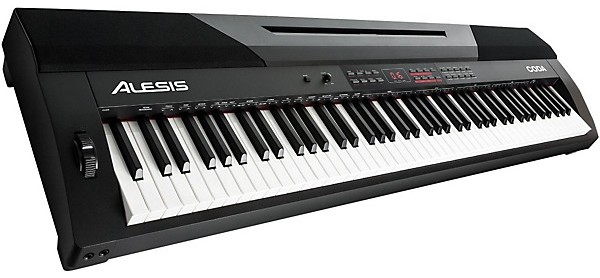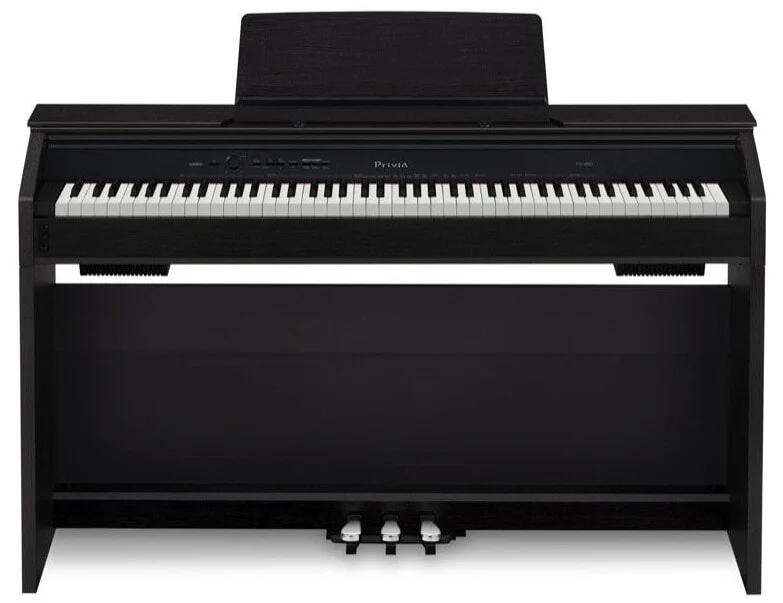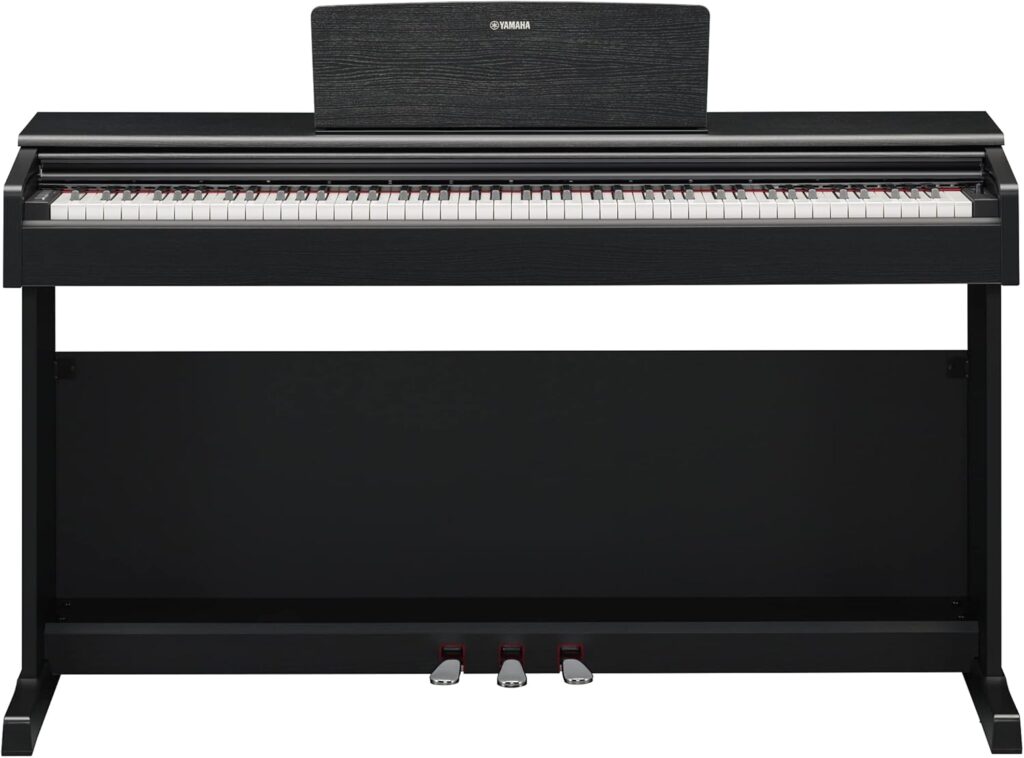Save More Without Settling for Less
You don’t have to spend big to shop smart. Whether you’re buying home essentials, tech, or music gear like a digital piano, there are plenty of ways to stretch your budget without cutting corners on quality. It’s all about knowing what to look for, when to buy, and how to avoid common traps.
Here’s your go-to guide for smart shopping tips that actually work—especially if you’re buying on a budget.
1. Set a Budget—and Stick to It
Start by defining your limit. Knowing your top dollar amount helps you filter out unnecessary options and avoid impulse buys.
- Decide on a range (e.g., “I won’t spend more than $300 on a keyboard”)
- Leave room for shipping or must-have accessories
- Avoid financing unless the terms are truly interest-free
A written or mental budget keeps your shopping grounded in reality.
2. Know Your Priorities Before You Shop
Ask yourself: what features or benefits matter most?
- Is durability more important than brand name?
- Do you need full-size, or is portability more useful?
- Will you use all the extra features, or just the basics?
When you know what actually serves your needs, you’re less likely to get swayed by hype or flashy marketing.
3. Shop Off-Season or During Major Sales
Some of the best deals happen when demand is low:
- Look after holidays, not during
- Back-to-school season is ideal for electronics
- Black Friday, Cyber Monday, and end-of-season clearance sales are goldmines
Timing matters. A little patience can lead to major savings.
4. Compare Prices Using Multiple Tools
Don’t stop at the first “deal” you find. Use price comparison websites or browser extensions to check across multiple retailers.
Helpful tools include:
- Google Shopping
- PriceGrabber
- CamelCamelCamel (for Amazon history tracking)
These show you whether you’re actually getting a good deal—or just seeing a fake markdown.
5. Consider Refurbished or Open-Box Options
You can often save 15–30% or more buying products that are:
- Manufacturer-refurbished and tested
- Open-box returns in new condition
- Covered by full warranties
Check Amazon Renewed, Sweetwater (for music gear), Best Buy Outlet, and direct brand sites.
6. Read the Right Reviews
Don’t just glance at star ratings. Instead:
- Look for verified buyer reviews
- Focus on long-term use experiences
- Watch YouTube reviews for real-world demos
- Pay attention to common complaints
Quality feedback helps you avoid hidden flaws and gimmicky features.
7. Know the Return Policy Before You Buy
Even smart shoppers sometimes get it wrong. That’s why you should:
- Buy from retailers with flexible return policies
- Keep the packaging until you’re sure it’s a keeper
- Know the return window (some are only 14 days)
Peace of mind matters—especially on a tight budget.
8. Don’t Overpay for Extras You Don’t Need
Many products come with unnecessary add-ons:
- A keyboard stand you’ll replace anyway
- Built-in effects you won’t use
- Extra accessories bundled to inflate the price
Keep it simple. Focus on core features, and upgrade accessories later if needed.
9. Sign Up for Price Alerts and Email Discounts
Many retailers offer instant discounts just for subscribing. You can also:
- Use Honey or Rakuten for automatic coupons
- Set alerts on price tracking apps
- Check if stores offer student, teacher, or military discounts
A quick sign-up can turn into big savings.
10. Know When to Walk Away
Sometimes, the best way to stay on budget is to close the tab. If you’re hesitating or feeling pressured, pause. Ask:
- Do I really need this right now?
- Is it within my budget?
- Is this the best version for the price?
Walking away can give you the clarity to come back smarter—or skip the regret altogether.
Final Thoughts: Smart Spending Is About Strategy
Being a budget buyer doesn’t mean buying cheap—it means buying wisely. When you focus on value, timing, and research, you can get long-lasting products that perform well without overspending.
So whether you’re furnishing your home, buying your first keyboard, or upgrading everyday tech, use these tips to shop with confidence—and keep your wallet happy.
FAQs
- Is it worth waiting for major sales like Black Friday?
Absolutely. You can often save 20–50% on electronics, instruments, and home gear by waiting for big sales. - Are refurbished items safe to buy?
Yes—especially if they’re certified and come with a warranty. Always buy from trusted retailers. - How can I avoid getting scammed on marketplace sites?
Stick to sellers with strong ratings, meet in public places, and test items in person when possible. - What’s one thing budget shoppers often overlook?
Return policies. A bad return process can cost you more in the long run if the product fails or doesn’t fit your needs.
How do I know if a deal is actually good?
Use price trackers, read detailed reviews, and compare similar products from other sellers before checking out.



